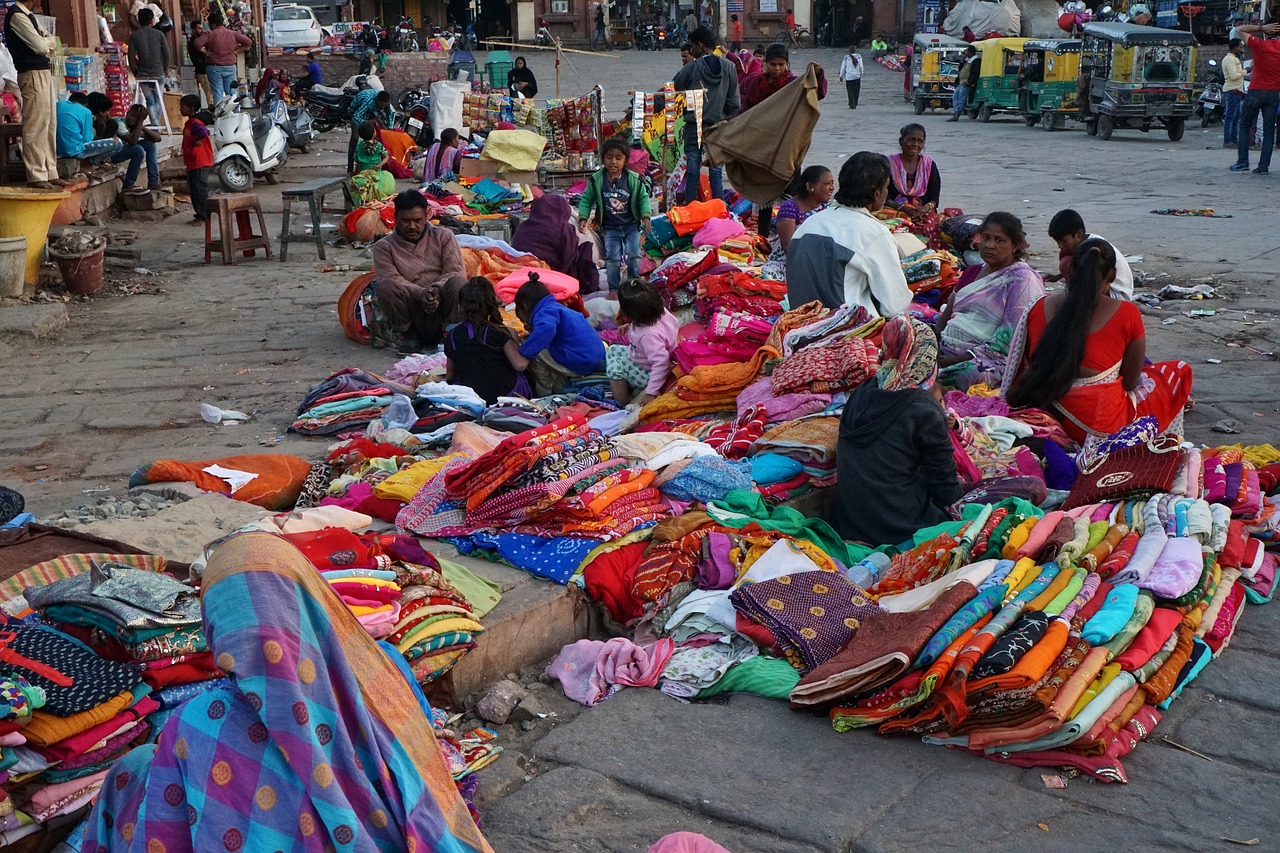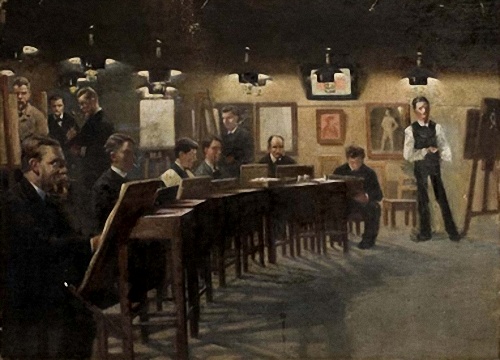Features Section on Women and the New Nationalism
Volume 17, Issue 2, pages 149-208
*In light of the ASEN 2018 conference theme on ‘The New Nationalism’, the weekly article is a special features section on women and the new nationalism.*
Introduction: Women and the New Nationalism
Kent Davis-Packard
The past five years mark a turning point in nationalism and its relationship to ethnicity and gender around the world. As the Egyptian diplomat, professor of Middle East Studies, and graduate students who contributed to this Features series reveal, the framework on which all nationalism depends continues to be structured according to a system human society has now bypassed. From Arab countries that recently experienced uprisings and revolution, to a United States that witnessed the largest march in its history in support of ‘women’s rights as human rights’, this series reveals that nationalism is crumbling under the weight of faulty scaffolding – its material is made of patriarchal norms that no longer serve to support a new human identity that allows for a more unified, inclusive state.
While this series focuses on events in the United States and Egypt, it could as easily have been written about many other countries in which women are transforming national identity. In ‘Protecting the Motherland: Women’s Agency in Transforming National Identity’, Amanda Sztein considers why increased female presence in the U.S. military is still subject to debate. Her article reveals that women’s agency in the military threatens the very structure of nationalism, which is based on the premise that only men are ‘reasoned’ and bring about structure, while femininity is ‘uncouth’, ‘uncontrolled’, and acting on a force that cannot be articulated in words and therefore is not safe. Worse, these so‐called ‘feminine’ characteristics are considered undesirable. If only this unspeakable force could be tapped.
Amanda Lawrence further defines this ‘untapped force’ in America by highlighting the need for ethnic and cultural inclusivity in her article on ‘The Power of Intersectionality to Transcend National Identity in the United States’. Lawrence points out that unless nationalism is inclusive of all ethnicities in the United States, the feminism it engenders cannot affect meaningful or positive change. A new conception of American nationalism that is not white‐centric is America’s only hope for achieving authentic equality.
The final two articles examine the connection between national identity and women in Egypt – a case study in the relationship between post‐colonial state‐building, national identity, and religion. In ‘The Impact of Notions of Nationalism on Women’s Rights in Egypt’, Ambassador Magda Shahin and Yasmeen El‐Ghazaly contemplate the development of constitutions after the 2011 revolution and demonstrate that, regardless of whether the government is ‘secular’ or ‘Islamist’, women remain disempowered in Egypt. In ‘The Guise of the Secular State’, I deconstruct notions of ‘secularism’ and ‘Islamism’ in Egypt and the region in order to demonstrate the burden women bear as a result of the ambiguity of national identity.
In all four cases, an outmoded version of national identity stands between women and the realization of their human rights. It also stands between a state’s ability to move forward as a socially and politically viable entity. Each article presents an argument for achieving a more truthful national consciousness – one that transcends both the state and the international order as it pulls the state and government towards higher principles of life.
Read the following articles here.
‘Protecting the Motherland: Women’s Agency in Transforming National Identity’
Amanda Sztein
‘The Power of Intersectionality to Transcend National Identity in the United States’
Amanda Lawrence
‘The Impact of Notions of Nationalism on Women’s Rights in Egypt’
Magda Shahin & Yasmeen El-Ghazaly
‘The Burden of Proof: Women and National Identity in ‘Islamic’ and ‘Secular’ States – The Case of Egypt’
Kent Davis-Packard


